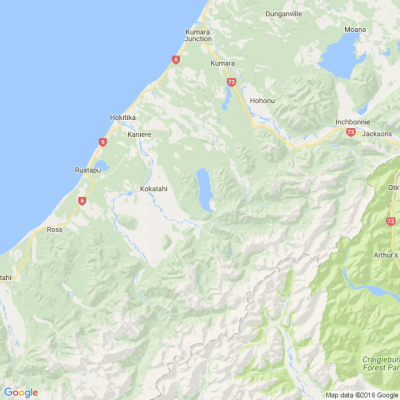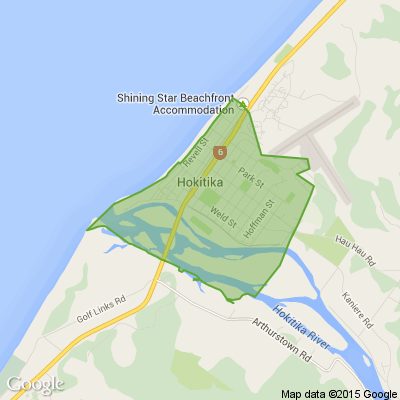Fuel tax hike will ‘penalise’ West Coast motorists
By local democracy reporter Brendon McMahon:
A proposal to shift the road tax burden onto those who drive the furthest will really hit people living in provincial regions like the West Coast, the chair of its regional transport committee says.
West Coast Regional Transport Committee chairperson Peter Ewen said the West Coast needed to "front foot it" by banding together with similar regions to strongly submit against some of the proposed measures.
The Government is proposing to increase the fuel excise tax at the pump - ahead of further work to put all vehicles on an even footing by paying a road user charge instead.
This could see all vehicles - electric, petrol and diesel - being charged based on weight and distance travelled.
This approach could be "very significant" for the 650km long West Coast region, Ewen told council's Resource Management Committee this week.
Ewen said it could "unduly penalise" the West Coast and similar rural provincial regions which had no public transport, meaning people needed to drive long distances to access basic services like medical care.
The move to charge based on "use" would be disproportionate compared to the major urban centres, leaving the West Coast "at the vanguard" of user pays again for rural dwellers, the West Coast Regional councillor said.
"We have to make it very clear that one fit doesn't fit all … the talk of transport is all urban focused," he said.
Councillor Frank Dooley said the proposed changes seemed "really weak" on mitigations.
"I get really concerned when they talk about 'nature based solutions'."
Councillor Brett Cummings said it did put the issues back to the region "to come up with solutions".
At the same time the price of fuel and the impact on the region's industry "is really expensive".
"From my point of view I'd rather they take some of the tax off fuel for those that don't drive on the road."
He was referring to the likes of farming and mining machinery which pay road user charges through their fuel.
Councillor Peter Haddock, a member of the regional transport committee, said the idea was to ensure electric vehicles now paid for their road use.
He suggested Ewen and himself would be more than happy to advocate at a South Island level.
CEwen said the pressure was only going to get worse in the meantime with the country now reliant on imported refined fuel already exacerbating rural living costs.
"This is getting out of hand. We don't have any Marsden Point any more, and we're at the end of the queue, with rural communities even further back."

Poll: Should the government levy industries that contribute to financial hardship?
As reported in the Post, there’s a $30 million funding gap in financial mentoring. This has led to services closing and mentors stepping in unpaid just to keep helping people in need 🪙💰🪙
One proposed solution? Small levies on industries that profit from financial hardship — like banks, casinos, and similar companies.
So we want to hear what you think:
Should the government ask these industries to contribute?

-
59.8% Yes, supporting people is important!
-
25.9% No, individuals should take responsibility
-
14.4% ... It is complicated
A Neighbourly Riddle! Don’t Overthink It… Or Do?😜
Do you think you know the answer? Simply 'Like' this post if you know the answer and the big reveal will be posted in the comments at 2pm on the day!
If you multiply this number by any other number, the answer will always be the same. What number is this?

Have you got New Zealand's best shed? Show us and win!
Once again, Resene and NZ Gardener are on the hunt for New Zealand’s best shed! Send in the photos and the stories behind your man caves, she sheds, clever upcycled spaces, potty potting sheds and colourful chicken coops. The Resene Shed of the Year 2026 winner receives $1000 Resene ColorShop voucher, a $908 large Vegepod Starter Pack and a one-year subscription to NZ Gardener. To enter, tell us in writing (no more than 500 words) why your garden shed is New Zealand’s best, and send up to five high-quality photos by email to mailbox@nzgardener.co.nz. Entries close February 23, 2026.







 Loading…
Loading…





